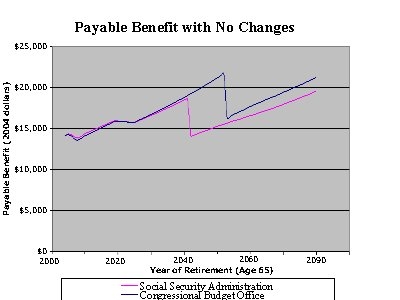- Community
-
Programs
- Schools
-
Careers
- RN Specialties
- Best RN Jobs and Salaries
- Aesthetic Nurse
- Nursing Informatics
- Nurse Case Manager
- NICU Nurse
- Forensic Nurse
- Labor and Delivery Nurse
- Psychiatric Nurse
- Pediatric Nurse
- Travel Nurse
- Telemetry Nurse
- Dermatology Nurse
- Nurse Practitioner
- Best NP Jobs and Salaries
- Family NP (FNP)
- Pediatric NP
- Neonatal NP
- Oncology NP
- Acute Care NP
- Aesthetic NP
- Women's Health NP
- Adult-Gerontology NP
- Orthopedic NP
- Emergency NP
- Psychiatric-Mental Health NP (PMHNP)
- APRN
- Nurse Educator
- Nurse Administrator
- Certified Nurse Midwife (CNM)
- Clinical Nurse Specialist (CNS)
- Certified Registered Nurse Anesthetist (CRNA)
- Resources
- Education


aubreysmommy
34 Posts
When people who make a lot of money are just asked to pay their fair share like the rest of us working people, it is not stealing from the rich. And the WORKING poor (who sometimes work more than 1 job) who do not have insurance are not "laying on the couch" all day. There are quite a few people at the church I attend that have been laid off after working at a job for many years that are in their mid 50's and are on unemployment. Some can get on their spouses insurance but some have no insurance now and are really scared. This is not the poor lazy people who don't want to work and want the "rich" to support them, this is more a case of the insurance and big business getting out of hand and taking advantage of people. I believe that if the insurance companies are more regulated, they can profit a lot but also be fair. Why not have business working with government to provide something good for the country when it is a business who is providing a service that can result in life or death. We all disagree on how tax money should be spent and that is what is great about America is that we can have discussions, vote, agree or disagree. But we are all taxed and for good reason, to provide services, military protection, etc., for the American people. I am sure 99% of the people on this forum, myself included, have insurance. Why begrudge working families who cannot afford insurance or who are denied because they have once been sick or their baby is born ill to have the same thing we have? The POOR LAZY PEOPLE WHO LAY ON THE COUCH ALL DAY LONG already have Medicaid, so this doesn't even pertain to them. We are talking about everyday American families who work or who have been laid off through no fault of their own. So I think it sounds a little mean-spirited to say that slightly raising taxes on the upper income Americans who had their taxes slashed 9 years ago and who are paying less income tax proportionately that we blue collar or regular workers (under $200,000 a year) is stealing from the rich to GIVE to the poor when it is actually given insurance to WORKERS who cannot afford it or who are ill.
I can agree with some of what you say. (see, thats how I differ from a lot of people) I can see things from many different sides, as someone who grew up with NO money and NO insurance. But my parents never ever took any assistance from anyone, not saying thats a good thing, just saying. I did say that we needed to apply much stiffer regulations on the insurance companies, but we could have done that without the government doing what they are doing. I never said that I would personally want to walk around without insurance.........BUT........if I wanted to then it should be my right to do so. I am taking a wait and see approach with this. I've also looked at the major points of the bills, but even still, you are only seeing what someone else wants you to see. And, I am pretty sure I wasn't name-calling. I enjoy having an intelligent conversation about this. I want everyone to be as educated as possible about this, its just too bad that the only info that we get is what someone else wants us to know!